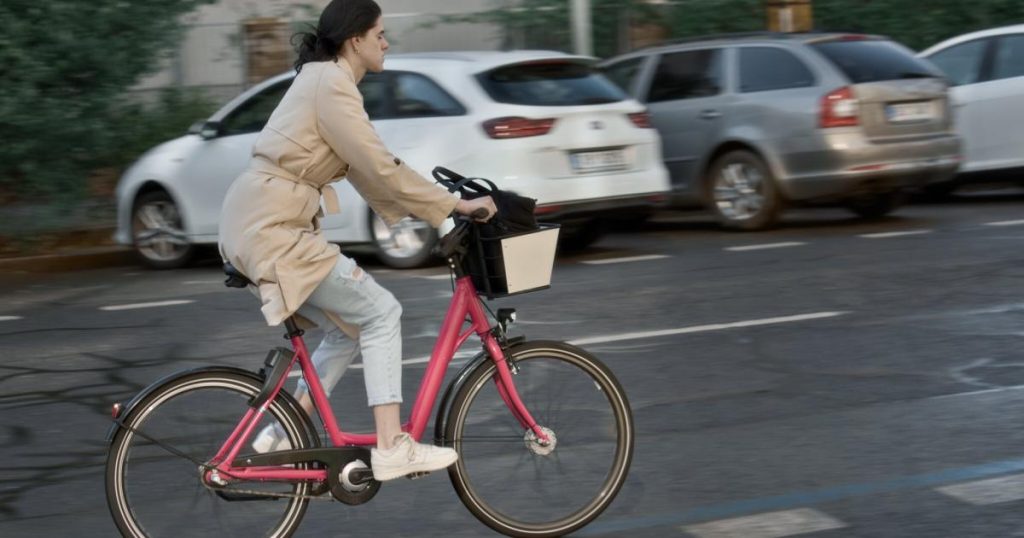Post-growth offers climate hope
2 min read
The continued pursuit of economic growth in high income countries is at odds with the climate targets and fairness requirements of the Paris Agreement, a new study published in The Lancet Planetary Health confirms.
No high-income country has achieved what could legitimately be called “green growth” – where economic growth occurs alongside emission reductions consistent with the Paris Agreement.
The authors of the Is green growth happening? study, Jefim Vogel from the University of Leeds and Professor Jason Hickel from the Autonomous University of Barcelona, say green growth is in fact out of reach for high-income countries.
Decoupling
The findings challenge repeated claims by media and politicians that economic growth in high-income countries can be made “green” and refute claims that “green growth” is already happening.
Historically, CO2 emissions were tightly coupled to economic activity, as expressed by GDP or gross domestic product. When GDP increased, so did emissions. Recently, several high-income countries have managed to “decouple” the two to some extent, reducing their emissions while increasing their GDP, a process called “absolute decoupling”.
But what is needed to comply with the climate targets and fairness principles of the Paris Agreement is not just any amount of decoupling, but sufficient decoupling, the researchers point out.
Countries need to reduce their emissions not just at any rate, but sufficiently fast to stay within their fair-shares of the “global carbon budget” for 1.5 °C or at least “well below 2C” – that is, to stay within their population-proportionate shares of the maximum amount of CO2 that can still be emitted, globally and over time, if we are to limit global warming to those levels.
The study identified 11 high-income countries that achieved “absolute decoupling” between 2013 and 2019: Australia, Austria, Belgium, Canada, Denmark, France, Germany, Luxembourg, the Netherlands, Sweden, and the United Kingdom.
Fairness
But the analysis showed that the emission reductions achieved in these countries fell dramatically short of the rates required to comply with the Paris Agreement.
At the achieved rates, the 11 countries would on average take over 200 years to get their emissions close to zero, and would overall emit more than 27 times their fair-shares of the global carbon budget for 1.5 °C.
Jefim Vogel, from the Sustainability Research Institute at Leeds and the lead author, said: “There is nothing green about this. It is a recipe for climate breakdown and further climate injustice. Calling such insufficient emission reductions ‘green growth’ is highly misleading, it is greenwashing.
“If ‘green growth’ is to be consistent with the climate targets and fairness principles of the Paris Agreement, then high-income countries have clearly not achieved anything close to ‘green growth’ and are highly unlikely to achieve it in the future.





